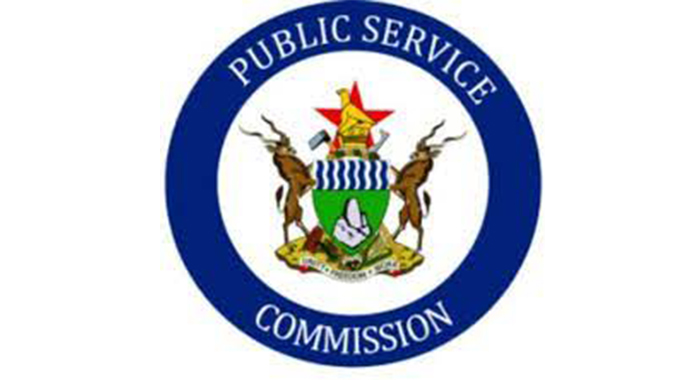
The Sunday News

Robin Muchetu, Senior Reporter
The Public Service Commission (PSC) has reactivated the advancement policy which is meant to motivate civil servants and promote a culture of high performance.
It has also clarified its position on employees that have not seen an increase in their salaries since the reactivation of advancement in January saying such members would have reached their ceiling by 2012.
The advancement system has been present before but was suspended in 2013. The suspension led to the bunching of salaries of employees across all grades causing disgruntlement in the civil service and creating a culture where members became reluctant to advance themselves in terms of qualifications as there was no more incentive. In a statement of clarity on the advancement policy, the PSC said advancement is the movement of a member from one grade to another after having satisfied all conditions laid down in the relevant qualifications, experience, satisfactory performance, and the PSC approval. According to the PSC, the advancements are as a result of the job evaluation exercise adopted in 2003 where all advances come with a salary rise.
“Jobs are evaluated based on predetermined criteria. The system analyses decision-making in job tasks and categories jobs into six groups. Every advancement comes with an upward salary movement except for members who are on the ceiling of their advancements grades,” said the PSC in a statement.
The PSC had consultations with the National Joint Negotiation Council with workers’ representatives where they resolved to reactivate the system. They added that for one to meet the grade and be advanced, one has to have performed satisfactorily and advanced through the advancement grades up to the highest level.
“In order to qualify for the promotion, one should be in the relevant grade immediately below the promotional grade. Such a grade is reached through events brought about by performance advancements,” wrote the PSC.
However, the Commission highlighted that when one is employed within the PSC there is a promotion probation period of one year where a member’s performance will be assessed and after successfully completing this period, the member will retain the position to which they would have been promoted to.
The Commission also made it clear that members of the PSC who wish to be considered for advancements must not be undergoing any disciplinary cases within the workplace and if any, they will only be considered after the determination of the disciplinary case. PSC further said that advancements encourage a culture of high performance that was results-oriented and also inculcates motivation among staff members.
“Advancements reward employees’ satisfactory performance. The employee’s performance will improve the efficiency and the effectiveness of the government’s internal operations and administration thereby leading to the achievement of Vision 2030 goals of enhancing public service delivery. Advancing employees to higher salaries has the effect of increasing their disposable income and extreme poverty is reduced through improved access to better social services.
The Commission also explained that although every advancement comes with a salary increase, there were some members who had reached the ceiling of their advancement grades. A ceiling is the highest salary step of the highest advancement grade which is below the promotional grade. Such members are awarded a once-off performance allowance equivalent to the difference between the maximum annual salary step of that grade and the annual salary step of that grade immediately below the maximum step. — @NyembeziMu



